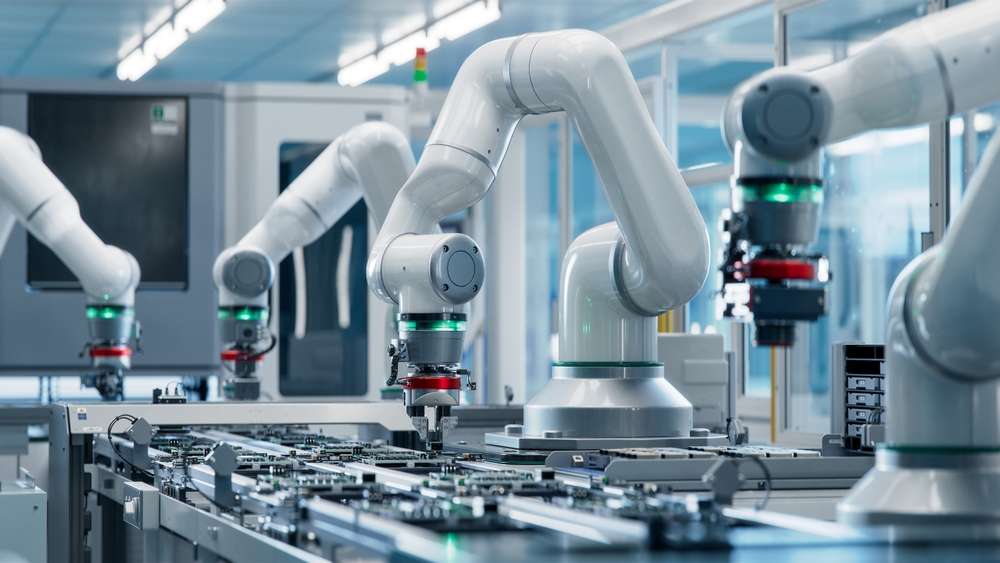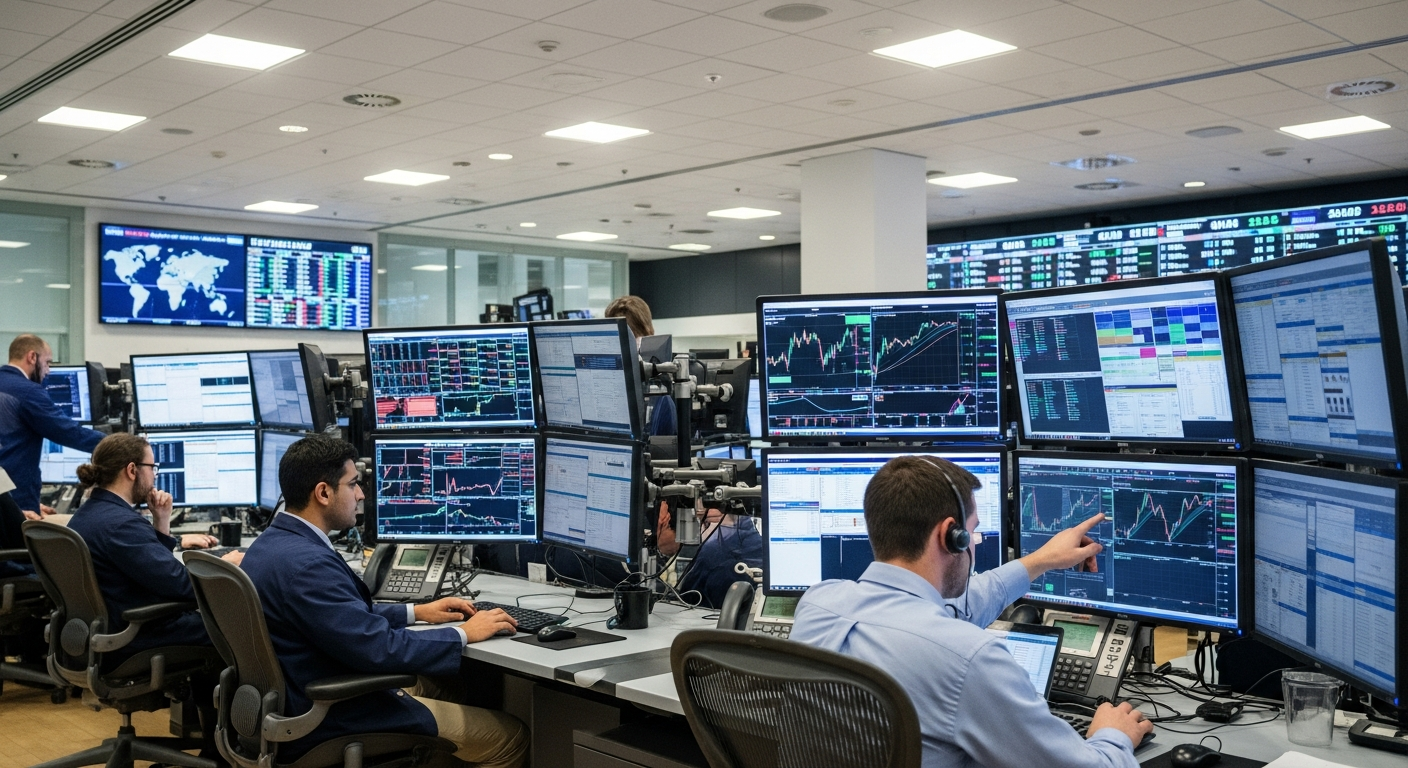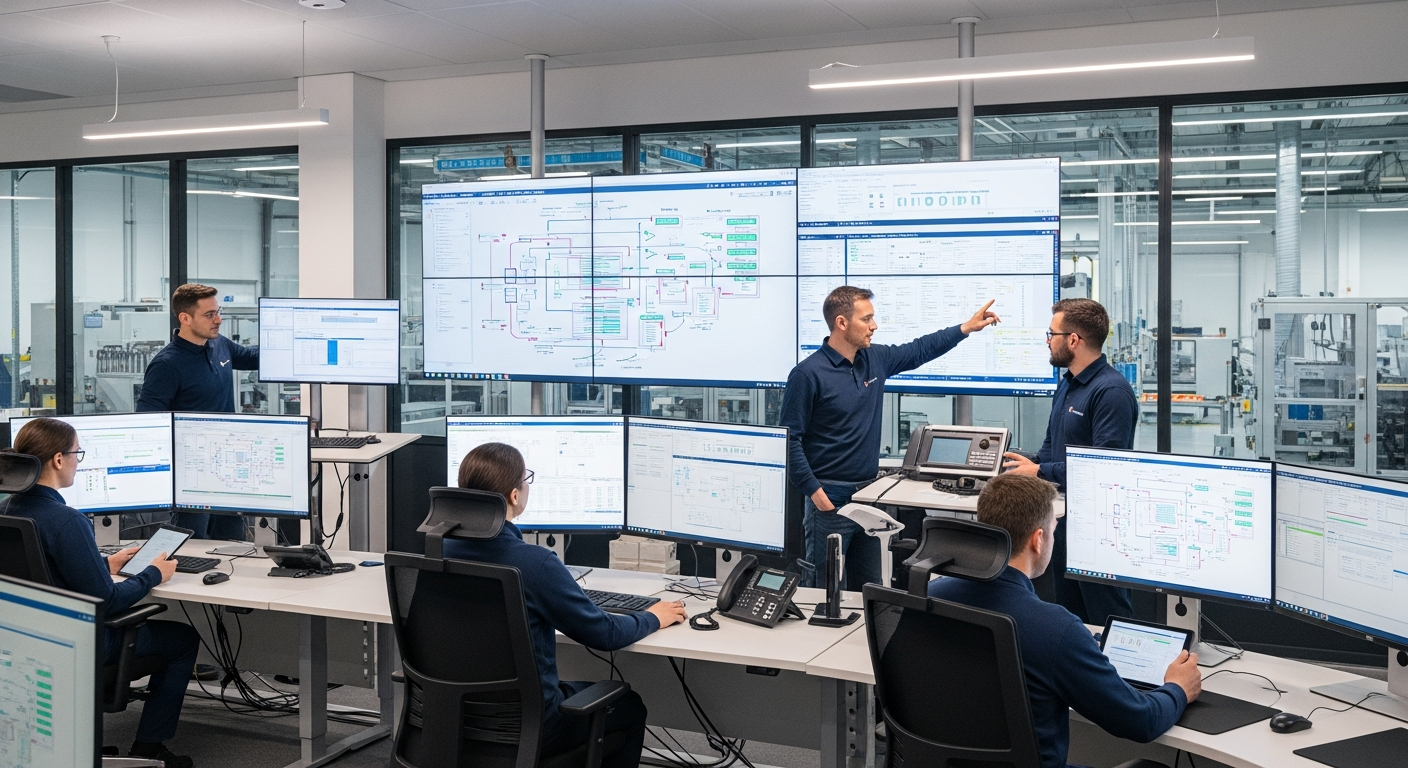Modular Manufacturing: Reshaping Production Paradigms
Revolutionizing industrial landscapes, modular manufacturing emerges as a game-changing approach to production. This innovative methodology promises enhanced flexibility, scalability, and efficiency across diverse sectors. As businesses seek agile solutions to meet evolving market demands, modular manufacturing stands poised to redefine operational strategies and competitive advantages.

Historical Context and Evolution
Modular manufacturing’s roots can be traced back to the early 20th century, with Henry Ford’s assembly line serving as a precursor to modern modular concepts. However, it wasn’t until the 1960s and 1970s that modularity gained traction in industries such as electronics and automotive manufacturing. The advent of computer-aided design (CAD) and advanced manufacturing technologies in the 1980s and 1990s further accelerated the adoption of modular principles.
In recent years, the convergence of Industry 4.0 technologies, such as the Internet of Things (IoT) and advanced robotics, has propelled modular manufacturing to new heights. These technological advancements have enabled seamless integration between modules, real-time data analysis, and adaptive production processes, making modular manufacturing more sophisticated and effective than ever before.
Key Principles and Benefits
At its core, modular manufacturing is built on several key principles that set it apart from traditional manufacturing approaches:
Standardization and Interchangeability
Modular manufacturing relies on standardized components and interfaces, allowing for easy interchange and reconfiguration of production modules. This standardization facilitates rapid adaptation to new product designs or production requirements without necessitating a complete overhaul of the manufacturing system.
Flexibility and Scalability
One of the primary advantages of modular manufacturing is its inherent flexibility. Production lines can be quickly reconfigured to accommodate different product variants or entirely new products, enabling businesses to respond swiftly to market demands. Moreover, modular systems can be easily scaled up or down, allowing companies to adjust their production capacity as needed without significant capital investment.
Efficiency and Cost-effectiveness
By breaking down complex manufacturing processes into manageable modules, companies can optimize each component independently, leading to improved overall efficiency. This modular approach also facilitates easier maintenance and upgrades, as individual modules can be replaced or updated without disrupting the entire production line. The result is reduced downtime, lower maintenance costs, and improved resource utilization.
Implementation Strategies and Challenges
While the benefits of modular manufacturing are compelling, implementing this approach requires careful planning and consideration of several factors:
Modular Design Thinking
Successful implementation of modular manufacturing begins at the product design stage. Engineers and designers must adopt a modular mindset, creating products that can be easily broken down into standardized components. This approach not only facilitates modular production but also enables easier customization and maintenance of the final product.
Infrastructure and Technology Requirements
Transitioning to modular manufacturing often requires significant investment in infrastructure and technology. This may include reconfigurable manufacturing systems, advanced robotics, and sophisticated software for managing and optimizing modular production lines. Companies must carefully assess their technological readiness and develop a comprehensive implementation roadmap.
Workforce Skills and Training
The shift to modular manufacturing necessitates a skilled workforce capable of managing and maintaining complex, reconfigurable systems. Companies must invest in comprehensive training programs to equip their employees with the necessary skills and knowledge to operate in a modular manufacturing environment.
Impact on Supply Chain and Logistics
Modular manufacturing has far-reaching implications for supply chain management and logistics. The ability to quickly reconfigure production lines and adapt to changing market demands requires a responsive and agile supply chain. Companies must work closely with suppliers to ensure the availability of standardized components and develop flexible logistics strategies to support modular production.
Practical Insights for Implementation
• Conduct a thorough assessment of your current manufacturing processes to identify opportunities for modularization
• Start small by implementing modular principles in specific product lines or production areas before scaling up
• Invest in advanced simulation and modeling tools to optimize modular configurations before physical implementation
• Develop a robust change management strategy to address cultural and organizational challenges associated with the transition to modular manufacturing
• Collaborate with industry partners and academic institutions to stay abreast of the latest developments in modular manufacturing technologies and best practices
As industries continue to evolve in response to global challenges and market dynamics, modular manufacturing stands out as a powerful tool for enhancing competitiveness and driving innovation. By embracing this flexible and adaptive approach, businesses can position themselves to thrive in an increasingly complex and unpredictable manufacturing landscape. The journey towards modular manufacturing may be challenging, but the potential rewards in terms of efficiency, agility, and market responsiveness make it a compelling strategy for forward-thinking companies across diverse sectors.






